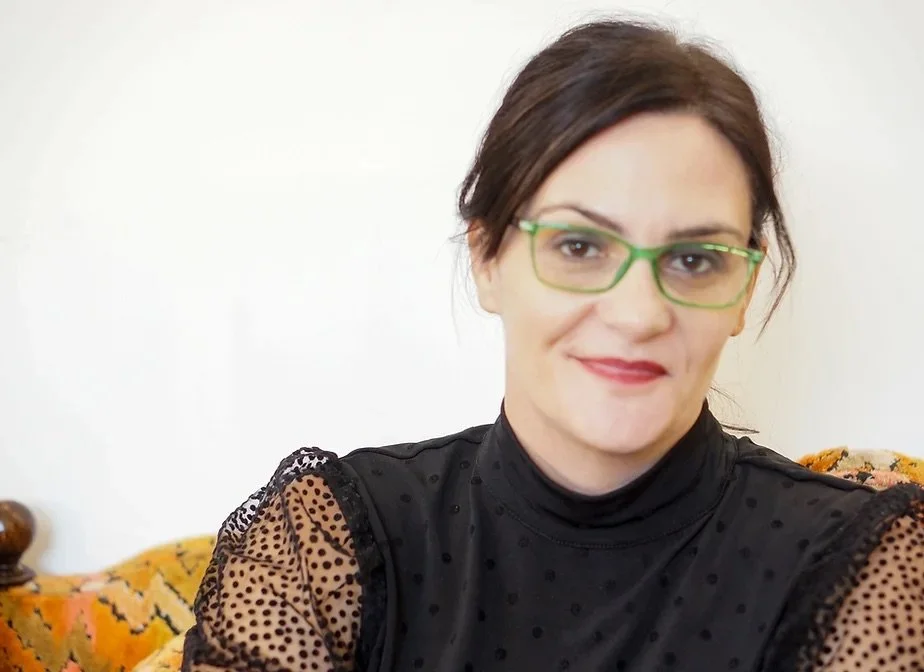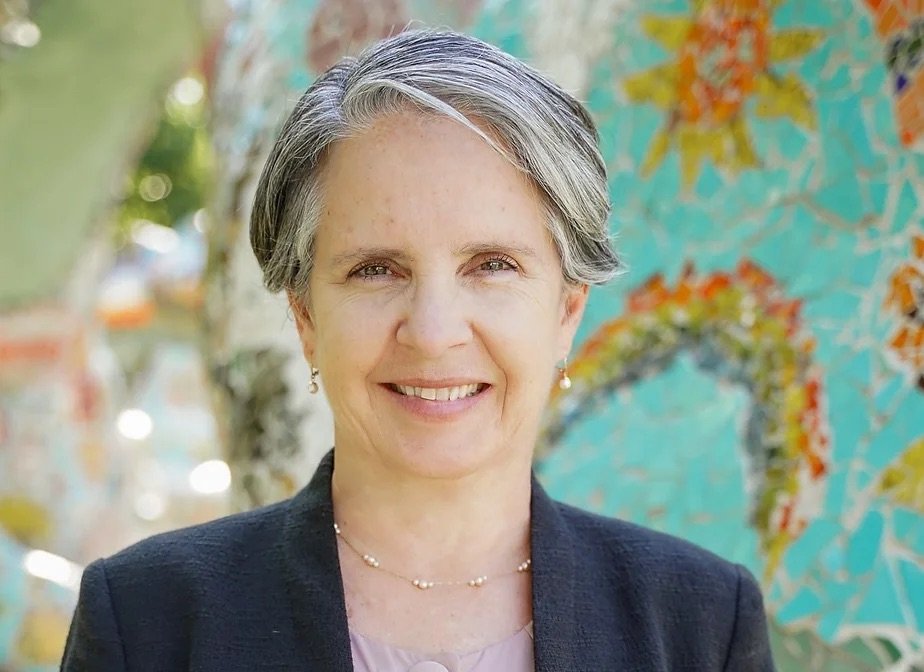It’s time to fulfill Brown’s Promise.
In 1954, the Supreme Court ruled in the landmark case Brown v. Board of Education that schools segregated by race will never achieve true equality. Nearly 70 years later, exposure to racial, ethnic, cultural, and economic diversity is even more important to our children’s educational and civic futures. But progress toward ending segregation is stalled and backsliding.
Schools today are as segregated as they were in the late 1960s.
We can change that.
Shared schools.
Shared success.
The research is clear: diverse classrooms help students of all races and backgrounds do better in school and beyond. For students of color and students from low-income backgrounds, the effects are especially powerful for one simple reason: resources.
In an idealized vision of America, all schools would have equitable access to crucial school assets ranging from money and facilities to experienced educators and extracurriculars. We all know that’s not the reality of our country today.
Schools and districts with high numbers of students of color and students living in poverty are under-funded, over-reliant on novice teachers, and less likely to provide rigorous coursework. Across the country, many school district boundaries have been gerrymandered to reinforce patterns of segregation and inequality in resources.
Money matters. Facilities matter. Technology matters. Teachers matter. College and career pathways matter. Proximity to power matters. Diversifying schools remains one of the only proven strategies to expand access to those resources. At a time when division and disunity threaten the fiber of our democracy, it’s also the best way to foster understanding and collaboration across racial, ethnic, cultural, and economic lines.
This work has never been easy. We must avoid mistakes of the past, when the brunt of early integration efforts was borne by communities of color. But together we can.
We can’t keep letting artificial school district and attendance boundaries separate students from opportunity—and from each other.
We created Brown’s Promise, housed at the Southern Education Foundation, to support local partners with:
-

Research
Identifying and addressing existing and new research needs
-

Litigation and Advocacy
Developing and refining legal theories, remedies, and policy solutions; supporting strategic advocacy campaigns
-

Collaboration
Fostering relationships and knowledge-sharing between experts and advocates working on school diversity and resource equity
-

Communications
Reinvigorating a national discussion about the importance of ending school segregation and providing communications resources for local partners
Leadership
-

Ary Amerikaner
Co-Founder and Executive Director
Ary Amerikaner is an education policy leader with experience spanning federal and state government, advocacy, and the law.
Ary served in President Obama’s Administration as a Deputy Assistant Secretary at the Department of Education, where she led efforts to advance equity in school funding and access to excellent educators. Ary’s federal experience also includes the Biden-Harris Transition Team and work on Capitol Hill. In Maryland, she served as the Chief of Staff at the State Department of Education and as an education advisor on Governor Wes Moore’s transition team.
As Vice President for P12 Policy, Research, and Practice at The Education Trust, she and her team supported advocacy coalitions in 14 states while producing original data and policy analysis. Ary's legal experience includes serving as an expert in school funding litigation in Delaware, clerking for a federal judge, and being an editor at the California Law Review.
Ary has a JD and MPP from the University of California, Berkeley, a BA from Oberlin College, and grew up in West Virginia.
-

Saba Bireda
Co-Founder and Chief Legal Counsel
Saba is an attorney with almost twenty years of experience in the education field. She grew up in Hillsborough County, Fl (Tampa) and attended some of the district’s most prestigious public schools as an out-of-boundary student. Saba went on to attend Stanford University and Harvard Law School.
She started her career in education as a teacher at Sousa Middle School in Washington, DC. Saba has worked at the NAACP Legal Defense and Educational Fund, Center for American Progress, the Poverty and Race Research Action Council, and EducationCounsel. She served as a member of the senior political staff at the Department of Education during the Obama Administration, including two years as senior counsel in the Office for Civil Rights.
Saba was most recently a partner at a national civil rights law firm and was appointed by Mayor Muriel Bowser to serve five years on the District of Columbia Public Charter School Board. Saba has been named by the National Law Journal as one of Washington, DC’s Rising Stars. The Profiles in Diversity Journal also recognized her among its Women Worth Watching in Leadership and as a Black Leader Worth Watching. Saba was recently named a Lawdragon 500 Leading Plaintiff Employment Lawyer and recognized on the National Black Lawyers Top 100 list.
-

Stephen Owens
Director of Policy and Advocacy
Dr. Stephen Owens is an education finance and data expert with coalition-building experience.
Stephen began in education policy as a graduate assistant, chronicling the spread and use of research in shaping legislation. Upon graduation he served as a data analyst at the Georgia Department of Education. There he created and maintained data visualizations to help policymakers better understand school outcomes and assisted in the writing of Georgia’s plan to implement the federal government’s reauthorization of the Elementary and Secondary Education Act.
Prior to joining Brown’s Promise Stephen was the Education Director for the Georgia Budget and Policy Institute, where he advocated for equitable and excellent public schools through research and data analysis. He started and led the statewide education funding coalition, Fund Georgia's Future, to center the voices of those traditionally left out of the education advocacy space. Stephen’s work shaped debates on topics ranging from private school vouchers to school bus funding.
Stephen graduated from the University of Georgia, where he holds a doctorate with a focus on education policy. He lives in the greatest city in the world, Atlanta, Georgia, with his wife and children.
Advisory Board
-

Aaron Ament
National Student Legal Defense Network
-

Derek Black
University of South Carolina School of Law
-

John Brittain
UDC Law; Learning Policy Institute
-

Gina Chirichigno
National Coalition on School Diversity
-

Linda Darling-Hammond
Learning Policy Institute
-

David Hinojosa
Lawyers’ Committee for Civil Rights under Law
-

Rucker Johnson
University of California, Berkeley
-

John King
10th US Secretary of Education;
State University of New York -

Raymond Pierce
Southern Education Foundation
-

Gini Pupo-Walker
Education Trust Tennessee
-

David Sciarra
Education Law Center
-

Philip Tegeler
Poverty and Race Research Action Council


